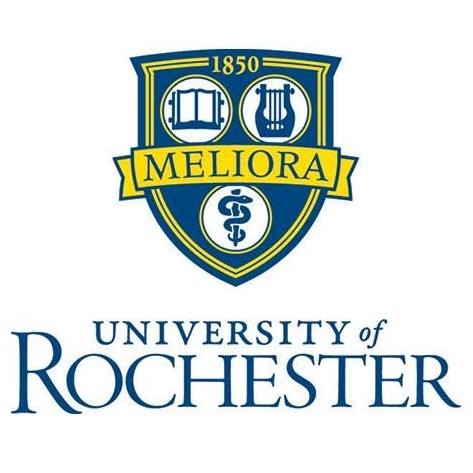Search Results
Oliver Phelps papers, 1788-1791
1 boxThe Oliver Phelps Papers are comprised of one box containing correspondence written by Samuel Street (1753-1815), a merchant trader and land speculator who supplied goods to the British stationed at Fort Niagara during the Revolutionary War. In addition to Oliver Phelps, Street's correspondents include General Israel Chapin (1740-1795), George Washington's aide-de-camp and first agent for Indian Affairs in Western New York, and Reverend Samuel Kirkland (1741-1808), missionary and liason between New York State and the Iroquois in land negotiations following the Revolutionary War and founder of the Hamilton-Oneida Academy, which was to become Hamilton College. The correspondence largely concern relations with the Native Americans and land settlements. One bill for goods, issued to Chapin by Street and Colonel John Butler (of Butler's Rangers), is housed in the last folder.
Limit your search
- University of Rochester: Rare Books, Special Collections and Preservation✖[remove]1
- Chapin, Israel, 1740-17951
- Kirkland, Samuel, 1741-18081
- Phelps, Oliver, 1749-1809✖[remove]1
- Street, Samuel, 1753-18151
Current results range from 1788 to 1791
- Collection✖[remove]1
- Chapin, Israel, 1740-17951
- Kirkland, Samuel, 1741-18081
- Phelps, Oliver, 1749-18091
- Rare Books, Special Collections, and Preservation, River Campus Libraries, University of Rochester✖[remove]1
- Street, Samuel, 1753-18151
- American Revolution (1775-1783)✖[remove]1
- Correspondence1
- Indians of North America✖[remove]1
- Land speculation1
- Phelps and Gorham Purchase1

